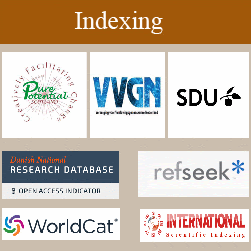Auditory Cognition
Author(s):
Nicole Gorra
Following vision, audition is often regarded as a secondary sensory system in the study of cognitive science and behavioral neuroscience. Auditory cognition tasks relate to the discernment of finite differences in frequency, duration, or rhythmic pattern. They suggest that there is a wide range of auditory functions required to mediate auditory responses. Auditory perception is the ability to interpret information that is received from the environment, and it is in this interpretation that audible frequency waves through the air or otherwise, follow a series of processes that allow for the acuity of sound. Several mechanisms are employed in the processing of acoustic information to extricate the many sources present and to assess the properties of individual events or sequences of events presenting themselves from a source. From a cognitive level, the sequential relations among events in longer sequences must be advanced to comprehend the nature of actions on objects that are extended in time.



